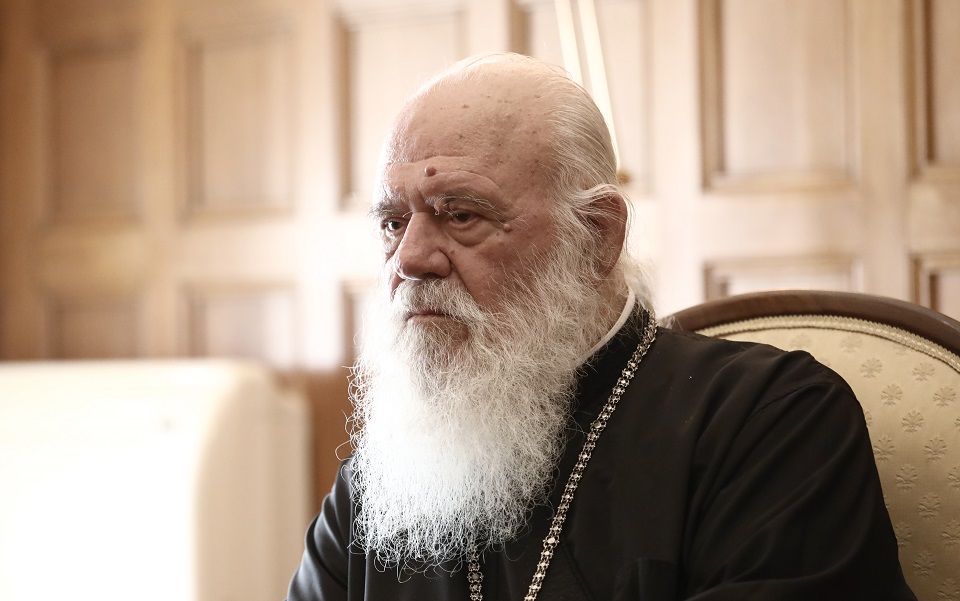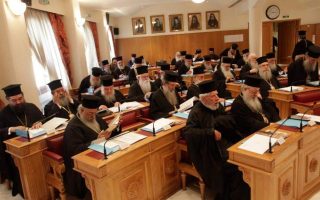The Church and the ‘new world’

“A new world has been born and we have to deal with it, and this presents an opportunity for the Church,” Archbishop Ieronymos said in an important interview with Kathimerini’s executive editor, Alexis Papachelas, last Sunday.
The head of the Church of Greece mentioned the consequences of the coronavirus pandemic – unemployment, hunger, poverty – saying that the Greek Orthodox Church is watching developments and is preparing to act. The Church’s role in the economic crisis, along with that of state and municipal agencies, philanthropies and nongovernmental organizations, is well-known. Together they supported those in need, limiting the worst effects of the crisis. It is certain that this valuable contribution will continue.
However, just three days after the archbishop’s statements, the Standing Holy Synod, the body which runs the Church on day-to-day issues, saw fit “to remind the faithful that ‘yoga’ constitutes a fundamental chapter of the Hindu religion” and thereby “has no business in the life of Christians.” Furthermore, the Synod instructed bishops and lower clergy to refrain from attending any Rotary and Lions club functions, saying that members recited prayers “that are directed at a god of no denomination and not in accordance with our Orthodox Christian Faith.”
The announcement mentioned that it was made “in the framework of respect for religious freedom,” placing the emphasis on protecting Orthodoxy.
This makes one wonder how the Greek Church will play an essential role in the new world if it does not step out of its cocoon and meet society where it is, in the state that it is.
No one is suggesting that the Church abandon dogma and tradition in order to run with the currents of each age, but it would be useful if it took on great challenges rather than issues which, over many decades, have proven to be no threat at all.
Archbishop Elpidophoros of America’s participation in a “Black Lives Matter” protest, like that of his predecessor Iakovos’ march with Martin Luther King Jr in 1965, shows that when we are secure in our faith, we understand that the fight for justice is ecumenical, it concerns us all.
We can take part in social struggles without noting the dogmas of others. In this way, the Church strengthens its position and influence. We are worthy of our past when we are relevant to the present.





